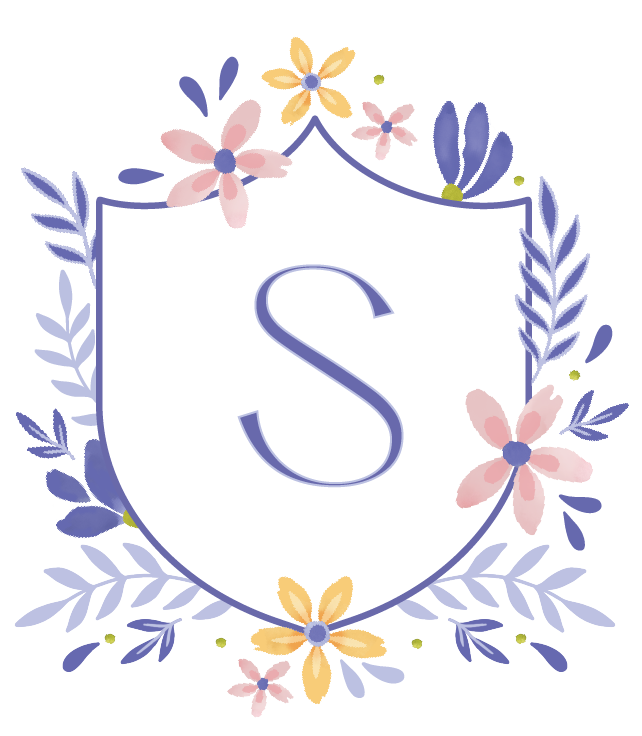The Lavender Book
Overview
Finding safe, supportive, responsive environments—at home, at work, and in the world—remains elusive for too many Black and African diasporic LGBTQ+/SGL people. The National Black Justice Coalition and Out in Tech believe that the Black and LGBTQIA+/SGL communities deserve to live, shop, travel, worship, dance, and gather where they are both welcomed and well-served. Together, we’ve created The Lavender Book, a crowdsourced product built for and powered by the Black LGBTQIA+/SQL community.
The Lavender Book’s mission is to spread the word about spaces where folx can be themselves.
Role & Duration
LEAD DESIGNER, volunteer
Stakeholder Research, User Research, UX Design, Interaction Design, Product Design, Product Strategy, Branding, Usability Testing
October 2020 - Present
Discovery
The first step was to conduct research with Black LGBTQIA+/SGL folx. The goal was to understand folx’s perceptions and frustrations on how they currently research and access businesses in their area where they can not be triggered or traumatized. We also wanted to know how folx communicate with their friends and family to find or share their experiences with spaces to understand the holistic journey users face. Users expressed feelings of sadness, frustration, and helplessness when looking for spaces where they might have a negative experience due to the color of their skin or sexuality. They find safe spaces through their trusted network; a need we emulated during the design process.
Research concluded that in the Lavender Book, folx should: Search for spaces by location, service, and a list of inclusive attributes, such as gender neutral restrooms, black owned, LGBTQIA+ friendly, trans-owned, and more; rate and review spaces for members of your community; and add spaces for others to discover
Based on the synthesized research, Sage, the user persona was formed. Due to the sensitive nature of the project, we did not assign a gender or picture to the persona to truly design with the Black LGBTQIA+/SGL individual in mind.
Designing the Product
We designed visual compositions using Google Material Design’s system, established branding and color scheme, and design best practices to achieve a favorable experience for our users. Designs were iterated upon throughout the product development process and after usability testing to adhere closely to what our users need from the product.










